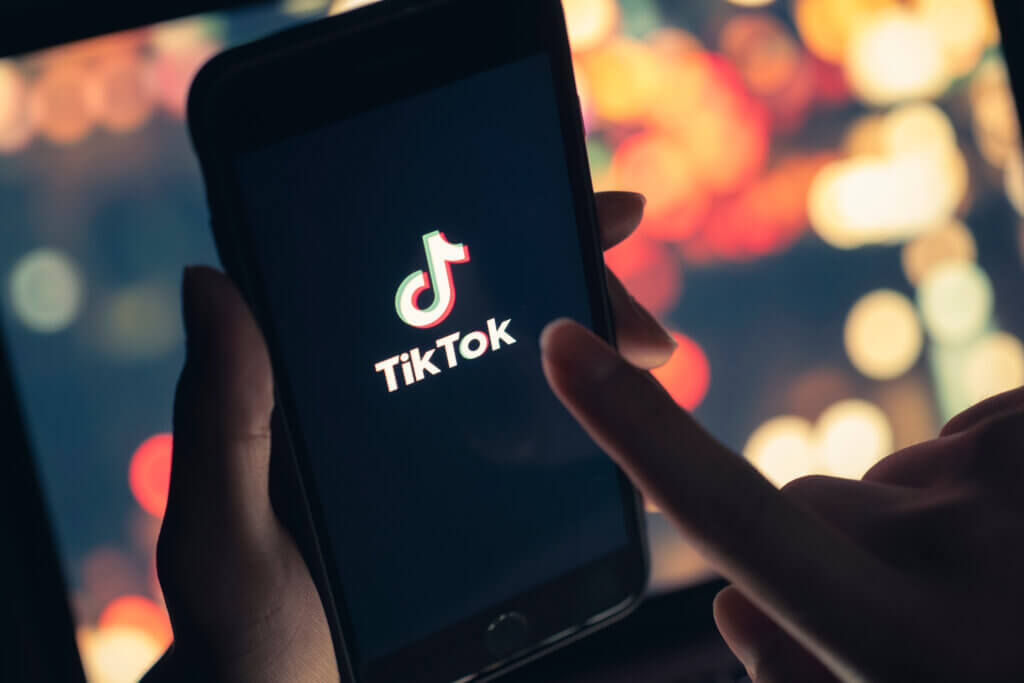In a whirlwind of legal action through 2025, Google, once seemingly untouchable, now finds itself under serious pressure from both U.S. regulators and EU enforcers. Let’s unpack the latest developments in two pivotal fronts: search dominance and advertising tech, and explore what they mean for competition, innovation, and the digital economy at large.
A series of major antitrust rulings has put the tech giant’s advertising empire and search engine monopoly under a spotlight not seen since the U.S. government’s case against Microsoft in the 1990s.
The Search Case: AI as a Legal Escape Hatch
In a pivotal decision delivered recently, a U.S. judge ruled that Google must cease certain exclusive agreements that kept it as the default search engine across browsers and mobile devices. The ruling requires Google to share parts of its search index and user interaction data with competitors. Notably, however, the court stopped short of ordering structural remedies such as breaking off Chrome or Android, moves once considered likely by observers early in the case.
What tipped the scales? In short: AI. The court acknowledged that the rise of generative AI, platforms like ChatGPT, Perplexity, and Anthropic, has already begun reshaping the search landscape. These technologies represent the first credible competitive threat to Google’s core business in decades, leading the court to argue that market forces may succeed where regulators have not. While this rationale offers a hopeful vision of innovation-driven disruption, many antitrust watchers have called the remedy underwhelming, a “historic misfire” that leaves Google’s fundamental power structure intact.

Ad Tech on Trial: A Broader Fight with Bigger Stakes
Meanwhile, in the separate but parallel battle over advertising dominance, Google faces even steeper consequences. In April 2025, a federal judge ruled that the company illegally monopolized key ad tech markets, namely ad exchanges and ad servers, through anticompetitive behavior and acquisitions. The Justice Department, supported by the state of Virginia, called it a landmark victory, demanding divestiture of Google’s AdX exchange and Google Ad Manager. That decision is now rippling through the broader ecosystem.
Adding further pressure, the European Union recently fined Google €2.95 billion for self-preferencing its own ad services over rivals’, a clear signal that transatlantic regulators are converging on a common concern: Google’s vertical integration has eroded the competitive fabric of the digital economy.

Innovation or Enforcement: Which Will Lead?
The implications of these cases are far-reaching. For advertisers and publishers, the outcomes could unlock long-sought alternatives to Google’s tightly controlled stack. For emerging tech firms, particularly those leveraging AI, the rulings may offer new lanes to gain ground in search, advertising, and discovery. But the most important impact may be philosophical: These cases force regulators to ask whether behavioral remedies and voluntary compliance can ever truly rebalance a system built on centralized control.
A Regulatory Doctrine in Flux
From a strategic standpoint, the cases reveal a regulatory doctrine in transition. Where the Microsoft antitrust saga ended in a semi-detached browser icon, today’s battles unfold across a fractured media ecosystem, shaped by AI, short-form content, and platform-native discovery. The decisions handed down this year suggest that U.S. courts may continue leaning into market-based corrections, even when structural remedies feel warranted. That stance introduces both opportunity and uncertainty.
What This Means for Brands, Publishers, and Platforms
For brands and institutions navigating this complexity, one thing is clear: Influence is no longer centralized in legacy search or media systems. As AI-powered discovery rises and advertising models splinter, market leaders must prioritize agility, transparency, and omnichannel strategies to stay visible and competitive. At Avenue Z, we continue to architect influence at the speed of culture and code, empowering our clients to win trust, reach new audiences, and grow revenue even as the infrastructure beneath the internet reshapes itself.
The Takeaway: A Cracked Monolith, But Still Standing
The Google cases may not deliver a clean break with the past, but they do signal a future where influence is harder to monopolize, and where reputation, powered by intelligence, becomes the most valuable currency in a decentralized digital world.
Ready to power your brand’s reputation with AI. Talk to our team today.
Optimize Your Brand’s Visibility in AI Search
Millions turn to AI platforms daily to discover and decide. Make sure they find your brand.






